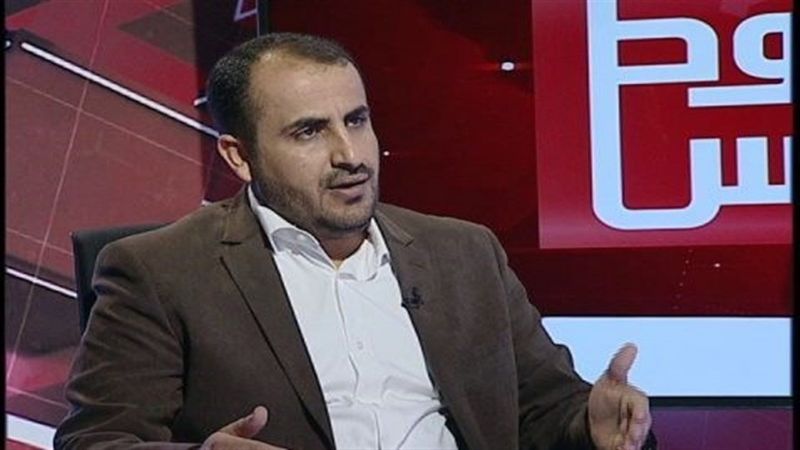
Local Editor
Spokesman and chief negotiator for Yemen’s national delegation says it has participated in the UN-brokered peace negotiations in Sweden to restore peace in the conflict-plagued Arab country, and not to surrender.
Speaking in an exclusive interview with Lebanon-based Arabic-language al-Mayadeen television news network on Sunday, Mohammed Abdul-Salam said it was not the national delegates who called for indirect talks with representatives from the administration of former Yemeni president Abd Rabbuh Mansour Hadi, but in fact it was the other way around.
He highlighted that they are in Sweden for Yemen peace talks and not to surrender, saying, “We called for a transitional phase in order for the remaining issues of the national dialogue to advance.”
Abdel-Salam said, “Military operations in Hudaydah must stop and invading forces must go back to their positions. Among the most critical issues that we want to be addressed that the fate of our fellow fighters currently being held captive in the United Arab Emirates.”
The Ansarullah chief negotiator also expressed surprise at the Saudi-led military coalition’s demand on Yemeni army soldiers and allied fighters from Popular Committees to lay down arms at the same time as thousands of Saudi mercenaries are fighting in Yemen.
Saudi Arabia and a number of its regional allies launched a devastating military campaign against Yemen in March 2015, with the aim of bringing the government of Hadi back to power and crushing Ansarullah movement.
According to a new report by the Armed Conflict Location and Event Data Project (ACLED), a nonprofit conflict-research organization, the Saudi-led war has so far claimed the lives of around 56,000 Yemenis.
The Saudi-led war has also taken a heavy toll on the country’s infrastructure, destroying hospitals, schools, and factories. The UN has already said that a record 22.2 million Yemenis are in dire need of food, including 8.4 million threatened by severe hunger.
According to the world body, Yemen is suffering from the most severe famine in more than 100 years.
A number of Western countries, the US and Britain in particular, are also accused of being complicit in the ongoing aggression as they supply the Riyadh regime with advanced weapons and military equipment as well as logistical and intelligence assistance.
Source: News Agencies, Edited by Website Team